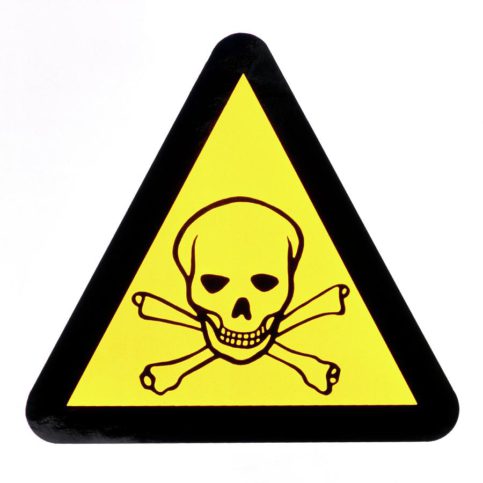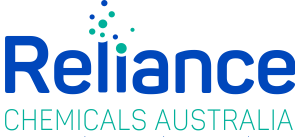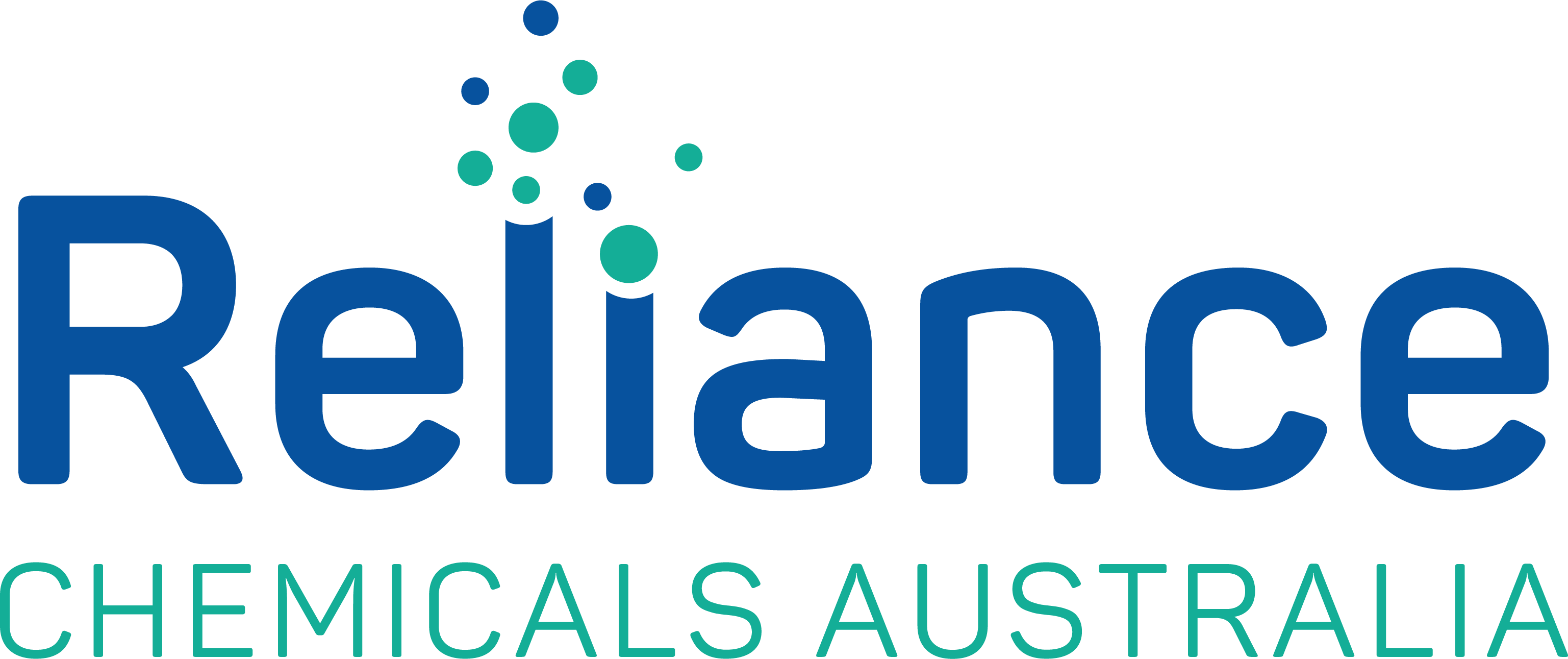
Chemical Safety: Train to Save Lives
Introduction
Chemicals have brought a revolutionary change in continuous development. From your home to the industrial sector, we have no option but to adapt with chemicals. Even the most hazardous ones have certain advantages that we can’t ignore. And that is where the concerns of chemical safety come in.
Under the regulations of Australian WHS, training for chemical safety is a must, especially for the chemical industry. The workers should be fully aware of all the information about the training program.
Even if you’re not working in the chemical industry, it’s better for you to have a heads up. Because there are hazardous items in the household that we often have to deal with.
So, let’s be aware to keep ourselves safe-
Chemical Safety: 4 Must-Knows When Dealing with Hazardous Chemicals
Chemical industries produce and maintain hazardous chemicals that get distributed all around the globe often. Well, maintaining such chemicals is a lot harder than it sounds.
Without the proper guidelines, the employees of these industries might end up with serious injuries.
These hardworking employees keep their life on the line. So, preparing them professionally is a crucial responsibility.
Here are the 4 musts that one needs to know while dealing with a hazardous chemical–
1. Be Aware of the Hazardous Chemicals
If you don’t even know what you’re dealing with, you are already screwed.
When a person will be aware of the chemical properties that he is dealing with, he will be more careful. It concerns the safety of a person big time. So, informing the employees of the hazardous chemicals is a must.
Moreover, they should be aware of the WHS legislation and then learn their individual responsibilities.
Employees should know:
- The hazardous outcome that the chemicals can cause to their health.
- How to read chemical labels, placards and safety data sheet. This will help them to easily find out information about the emergency responses, PPE, emergency treatment and more.
- How to handle or store the chemicals according to the Australian Safety Standards and legislation.
- Which substances or materials will trigger the chemicals dangerously.
2. Measures to Control the Employee Safety
Detailed control measures can reduce or eliminate the tremendous impact of hazardous chemical on employee health.
The employee can be trained for safety measures either in workgroups or individually.
In the chemical industry, it’s a daily routine to deal with broken containers filled with hazardous chemicals in them.
Even in these dangerous cases, the employees should be able to move around freely. And right safety measures will provide such confidence. That confidence will increase work efficiency by a lot.
Moreover, it’s essential to be informed about the safety gears.
Here are a few things on the gears that one needs to keep in mind-
- Each job requires a different type of PPE according to the hazard level of the chemical. Select the one that suits your job.
- Focusing on the proper fit of the PPE is important. You could save yourself from an accidental liquid splash. Moreover, use your own PPE. A borrowed one won’t have a proper fit.
- Most people are not aware of the proper way to put on a PPE. They often struggle with wearing the suit under or over the boots and gloves. You just need to make sure that the suit is totally enclosed and unexposed.
- Cleaning the PPE is also an important part to cover after wearing it. If there was a chemical spill, immediately clean it.
- Also, using a PPE for a long time can be dangerous. The PPE perishes with time and usage.
- Replacing the PPE after a certain time ensures your safety. As the suit deteriorate with time.
- A cabinet specially dedicated to your PPE is the most ideal way of storing your PPE. Keep them away from moisture and dust.
- Learning about the PPE includes learning the limitations too. Like your goggles are not enough to protect your face.
- If the PPE is damaged, report to the supervisor. If it’s lost, report it to the supervisor. Under no circumstances, go to work without a PPE.
3. Basic Safety Measures
In the chemical industry, the training often get too strict and too centred. That often creates a greater safety concern. Employees forget about the basics.
So, the training session needs some spice in it. Educate with real-life scenarios. Here are the few basics that people often forget-
- Recapping containers and making sure they are properly sealed.
- Restraining cylinders can create a graveyard at your workplace. Ensuring that they are safe is a must.
- Labelling makes it easier for people to identify hazardous chemicals. There are hazardous chemicals that appear like water, so beware.
- Using the right response kit can prevent massive injuries. Not every spill can be covered with some towel. Like cleaning up sodium hydroxide with towels isn’t a good idea at all.
4. Chemical Emergency
When a hazardous chemical has been exposed and has the potential of harming lives, that’s what you call a chemical emergency.
Employees must know how they should respond in a state of chemical emergency. Chemical emergency can be divided into three sections:
Personal Emergency
If the state of emergency directly involved any employees (spilling chemicals on clothes, boots or gloves), that’s a personal emergency.
Employees must be aware of their own treatment. Also, they shouldn’t forget to inform the supervisors about the incident.
Co-Worker Emergency
If another co-worker is injured, the nearest co-worker should be able to help him out. He should call out the emergency team and work with them to save a life.
Site Emergency
An employee alone could be a lifesaver of a industry. Site emergency consists of those emergency situations that can be the cause of massive death.
Evacuation drills are the most effective solution in this case. Emergency PPE and other emergency gears might be great assets in this case. The safety training should consist of all these.
Conclusion
Chemical safety training should be the first priority of the chemical industry. As long as the greatest assets of the industry (the employees) are fine, the industry will rise and shine in the future.
However, for your home, ensure the hazardous chemicals are kept where they won’t be able to create a catastrophe. We don’t want any lost lives, not at home or in an industry.

